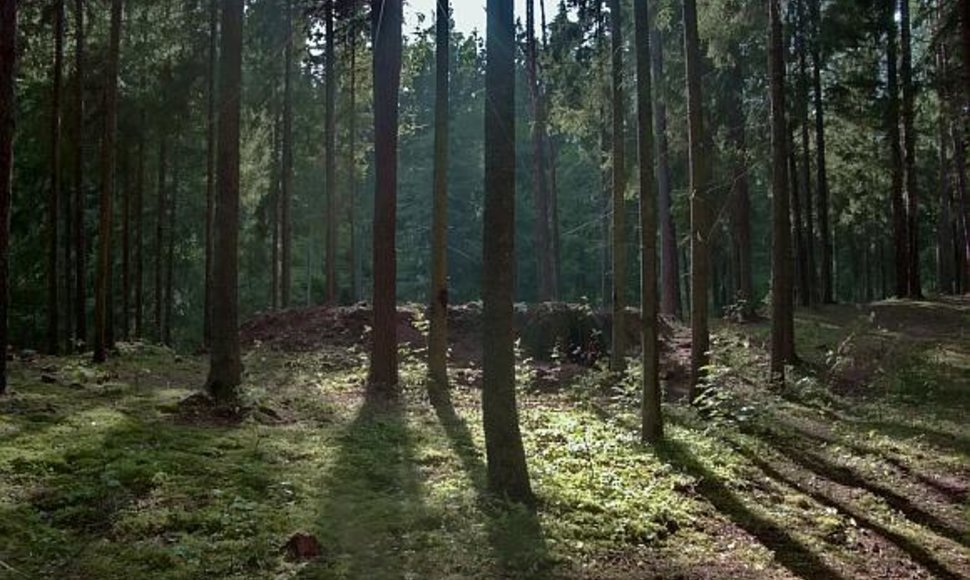On Tuesday, an official representative of the Russian Ministry of Foreign Affairs accused Lithuania of referring to local Nazi collaborators as freedom fighters.
"Unfortunately, this is not the first time we're forced to see that Lithuania, a country of the European Union, is attempting to revise historic realities in connection to developments of World War II and portray local collaborators as 'freedom fighters'," Maria Zakharova, deputy director of the Russian Foreign Ministry's Information and Press Department, said commenting on the unveiling of a monument next to a rebuilt guerrilla bunker in Šilutė district, western Lithuania, on 10 October.
"This context is a good place to remind that Nazi assistants who are responsible for deaths of tens of thousands of peaceful civilians actively opposed the Red Army in its battle against the Nazis," she said.
Meanwhile Lithuania says it will continue commemorating the memory of freedom fighters.
"Nobody has doubts in Lithuania over the historic fact that members of the post-war resistance were part of freedom fighting efforts that were based on the belief that democratic countries would help regain lost freedom. This is why the commemoration of their memory will be continued, and the memory of war and resistance victims will be properly honored," the Lithuanian Ministry of Foreign Affairs said.
Lithuania "as a sovereign country has the right to write the history of its state as well as investigate and evaluate totalitarian crimes of the 20th century," the ministry said.
"Yesterday, Russia marked the Day of Remembrance of the Victims of Political Repressions, which also symbolized the damage done by the regime to Russian people, therefore, Russia's public accusations and attempts to vilify members of the resistance once again by calling them collaborators show that Russian representatives are applying double standards and do not want to recognize historic truth," Lithuanian diplomats said in a statement.
"Such an attack by the Russian Ministry of Foreign Affairs is surprising, especially when such a statement is issued on the eve of the All Saints' Day," the Lithuanian foreign ministry said.
Lithuanian philosopher and political observer Kęstutis Girnius said the statement by Russian diplomats demonstrates Russia's unwillingness to open its eyes to the past and reveals its aim to discredit Lithuania.
"Just like the Soviet administration, Russia's current administration cannot admit that they occupied Lithuania. The subjugated nations have the right to resist, and Lithuanians for a long time didn't feel they were a soviet socialist republic or subordinate to somebody," Girnius, author of a monograph "Guerrilla Struggles in Lithuania", told BNS on Wednesday.
"Russia's unwillingness to openly look at its past is astonishing. I believe that Russia has a consistent aim of discrediting Lithuania, and the best way of discrediting it is linking everything with the tragic developments of 1941," he said.
Lithuanian guerrilla who fought against the Soviet occupation were active in 1944-1953. More than 21,000 of participants of resistance efforts, their families and supporters were killed over the period.
Soviet dictator Yosif Stalin is responsible for deportation of more than 275,000 Lithuanian residents.












